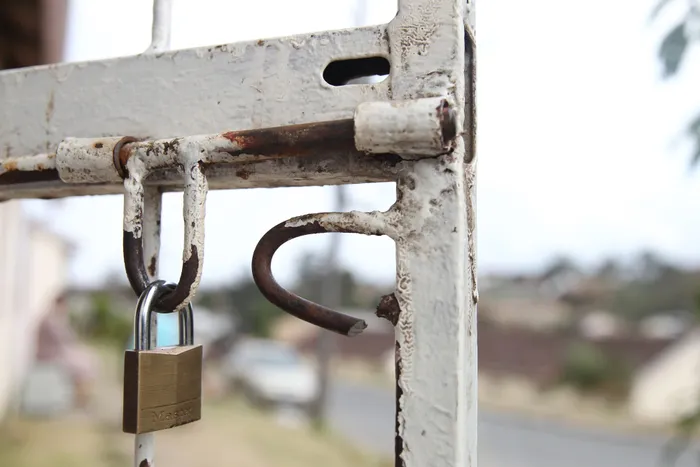Rental Housing Tribunal has jurisdiction over all tenant-landlord matters

The Rental Housing Tribunal has jurisdiction over all tenant-landlord matters arising from a residential lease. File picture: Doctor Ngcobo/African News Agency(ANA)
by Dr Sayed Iqbal Mohamed
The Rental Housing Tribunal has jurisdiction over all tenant-landlord matters arising from a residential lease.
Any person or entity can lodge a complaint or has to be present at a hearing, as the respondent, when summonsed to appear before the tribunal.
In carrying out its quasi-judicial function, the autonomous tribunals are vested with extraordinary powers, under statutory duty to terminate unfair practice complaints. An unfair practice dispute must be resolved by the tribunal unless a party instituted action in any other court before the establishment of the tribunal.
In other words, as from the date of the establishment of a tribunal in a province, as contemplated in section 7 of the Rental Housing Act, any dispute in respect of an unfair practice must be determined by the tribunal.
If proceedings have been instituted in any other court after the establishment of the tribunal, the defendant or respondent can draw the court’s attention to the fact that there is an unfair practice that must be resolved by the tribunal.
How would the tribunals deal with landlords’ unfair practice complaints relating to rental arrears and outstanding water and electricity consumption charges, accumulated during the Covid-19 lockdown?
The level 2 Disaster Management Regulations applicable to the Rental Housing Act, specifically regulation 54 (rental housing), expect a landlord or a tenant to engage reasonably and in good faith to make arrangements for the exigencies of the disaster.
Let us take the situation where the landlord invites her tenant to provide a payment plan for the rental arrears. The tenant fails to respond, and the landlord thereafter informs the tenant that she is cancelling the lease agreement and will proceed with eviction.
The tenant lodges a complaint with the tribunal that he has no income to pay the rentals due to the lockdown. He is unable to commit himself to paying off the rental arrears. The landlord is harassing him and threatened to evict him by giving him an “improper” notice of termination of two weeks.
Such a complaint is unlikely to meet the unfair practice requirements. The tenant would be disregarding the Disaster Management regulation that legally expects him to engage with his landlord to find a reasonable solution. It does not absolve the tenant of his contractual liability of paying his rentals.
Reminding the tenant that he is in breach of his lease agreement is not harassment. As for the “improper” notice of termination, the landlord is within her rights to cancel with immediate effect. The tenant’s argument that a month’s notice ought to be given is misplaced since the cancellation is based on a material breach that he failed to remedy.
In fact, the landlord can approach the court on the basis that there is no unfair practice in seeking a court order to evict her tenant.
She could also claim the rental arrears and damages for holding over for the period the tenant continues to occupy after the lease is cancelled.
Can the landlord approach the court although the tribunal has exclusive jurisdiction over residential leases? A dispute lodged with the tribunal is usually scheduled for a mediation. If the dispute cannot be resolved through mediation, it is set down for a hearing.
* Dr Sayed Iqbal Mohamed is chairperson of the Organisation of Civic Rights and deputy chairperson of the KZN Rental Housing Tribunal. He writes in his personal capacity.
** Tenants who need advice during the lockdown can WhatsApp Pretty Gumede at 071 346 5595 or Loshni Naidoo at 071 444 5671, or email [email protected] and Dr Mohamed at [email protected]
*** The views expressed here are not necessarily those of Independent Media.
Cape Argus
Do you have something on your mind; or want to comment on the big stories of the day? We would love to hear from you. Please send your letters to [email protected].
All letters to be considered for publication, must contain full names, addresses and contact details (not for publication).
IOL is committed to freedom of speech as long as it is not derogatory or harmful to others.
Connect with us on Facebook, Twitter or Instagram to join the conversation.